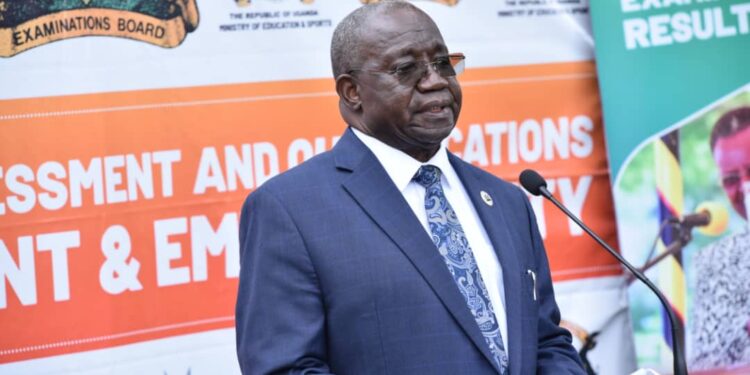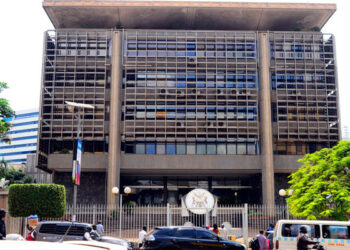The 2022 Uganda Certificate of Education (UCE) results released on February 9 reveal that Biology, a core science, is the worst performed subject. Of the 345,275 candidates, only 0.2% scored distinctions 1 or 2, significantly decreasing from 0.7% in 2020. Total failures (F9s) increased from 6.8% (2020) to 9.2% (2022). Predictably, the anticipated 2022 Uganda Advanced Certificate of Education (UACE) Biology results will inflict worse misery.
There is a nationwide crisis in Biology education, uniformly affecting learners – whoever they are, wherever they study from, as reflected in grades that are non-commensurate with the effort invested in learning. The Uganda National Examinations Board (UNEB) assessment is a critical component of our education system, hence should reflect the intersection of curriculum relevance, pedagogy and standards. In 2015 UACE, shock gripped everyone when only 2 Biology candidates scored A, while 60% got O or F (1 or no point).
Whereas students aggressively scrutinise results when choosing schools to enroll, decision-makers at the Ministry of Education and Sports (MOES) seem uninterested in listening to alternative voices on the immediate, secondary and root causes of decades-long persistently poor Biology results. Every year, when releasing UCE and UACE results, UNEB mainly blames direct instructional strategy (knowledge-based teaching) at the expense of inquiry and discovery (practical); bad attitude of learners; inadequate instructional materials; and teachers’ incompetence.
The same factors are regurgitated by desk-review researchers.
On the contrary, Ugandans are unaware of the key issues determining Biology performance, probably more important than anything else heard before. They include; non-conformity of question papers with learning content assessed and dependence on 20th Century foreign curricula-inspired textbooks containing incompatible content. Not sure of assessment boundaries, many teachers overload learners, with justifying statements like, “UNEB can set anything from any textbook labelled Biology.” Assessment blueprints being out of teachers’ reach, coupled with absence of teachers’ syllabus guidelines to specify content depth lead to out-of-scope teaching and setting. University content is commonly smuggled into A-level biology as well as overlapping O-level. Finally, there is non-implementation of some recommendations by examiners.
Government officials should be aware that Uganda is experiencing the consequences of a congested Biology syllabus, inherited from colonial era archives. Comparative curricula studies show that the world’s respected exam boards specify boundaries for teaching and setting, including marks allocation to the assessment objectives in the proportions specified in the syllabus.
The high Biology failure rate does not seem to bother government officials like it frustrates students, demoralises teachers, annoys schools and worries parents. Otherwise, summits of eminent Biology educators, UNEB officials and curriculum developers mediated by MoES would be convening annually to build consensus on sticky issues in Biology education, to avert the immediate, long-term and impactful consequences.
The significance of Biology in pursuance of Uganda’s Vision 2040 and Sustainable Development Goals (SDGs), plus its centric role in scientific explosion cannot be over emphasised. In light of sustained deterioration of Biology results, the inability to fix issues does not only stifle students’ fundamental human right but is detrimental to attaining inclusive education.
Frederick Dongo-Shema is an M&E Specialist and the President, Association of Biology Educators (ABE). Email: dongo.frederick@yahoo.com
Do you have a story in your community or an opinion to share with us: Email us at editorial@watchdoguganda.com













